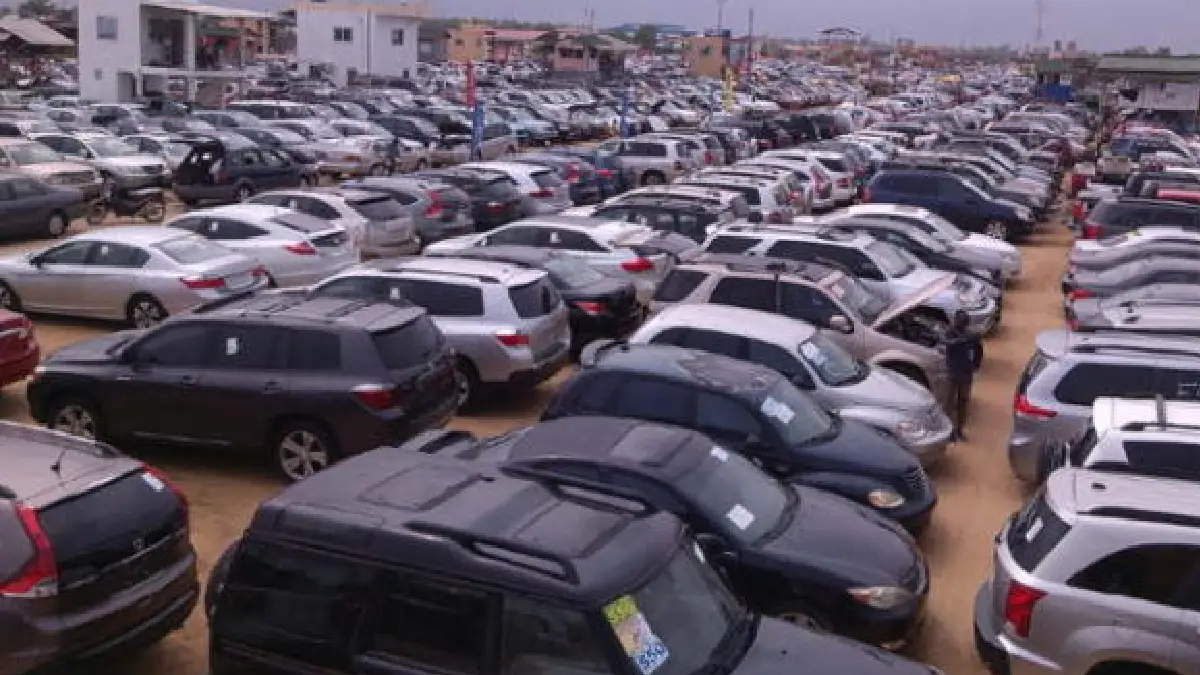- Home
- Uncategorized
- Vehicle Importation Plummets by 60.4% in First Half of 2024 Due to Economic Downturn

Vehicle Importation Plummets by 60.4% in First Half of 2024 Due to Economic Downturn
The number of vehicles imported into Nigeria experienced a sharp decline of 60.4% year-on-year (YoY), totaling just 10,991 units in the first half of 2024 (H1’24). This significant drop reflects the impact of the naira depreciation and the overall economic downturn.
This information was revealed in the recent quarterly report by the Nigerian Port Consultative Council (NPCC). According to the report, “Vehicle Traffic shows a total of 10,991 units of vehicles were handled during the period under review, indicating a drop of 60.8% from 28,024 units in 2023.”
Similarly, the number of ships docking at the nation’s seaports decreased by 4.3% YoY, falling to 251 in H1’24 from 275 in H1’23. However, despite the reduction in vessel calls, the Gross Tonnage of ships increased by 6.9%, reaching 32.614 million metric tons in H1’24 compared to 30.504 million metric tons in H1’23.
The NPCC report also noted, “Cargo throughput, excluding crude oil, stood at 21.186 million metric tons against 18.234 million metric tons in 2023, indicating an increase of 16.1%. Inward cargo traffic reached 13.563 million metric tons, representing a 10.5% increase in cargo throughput from 2023, while outward cargo traffic was 7.6234 million metric tons, representing a 27.7% increase.”
Container traffic from January to June saw a 2.3% rise, with 398,447 Twenty Foot Equivalent Units (TEUs) handled, up from 389,303 TEUs in 2023. Import containers accounted for 198,415 TEUs, a 3.4% increase, while export container traffic was 195,106 TEUs, showing a 1.2% decrease. Notably, empty containers made up about 36.3% of total export container traffic.
The average turnaround time for vessels improved to 4.6 days from 5.1 days in 2023, largely due to the efficiency of the Lekki Deep Sea Port, which achieved an average turnaround of just one day.
Despite fewer vessel calls, the increase in Gross Registered Tonnage (GRT) underscores the berthing of larger vessels, particularly at Lekki Port, where the average GRT of vessels is 3,801,191. This highlights the critical role of deep seaports in Nigeria’s maritime and port development.
To prevent the Lekki Deep Seaport from facing the same congestion issues as Apapa, the NPCC report emphasizes the need for collective efforts from all stakeholders to ensure smooth cargo evacuation and operational efficiency.
